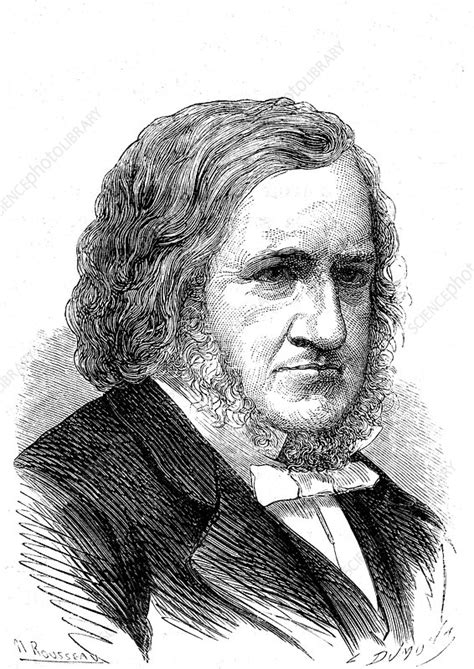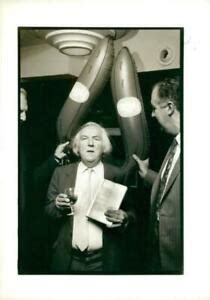A Quote by JR
Related Quotes
You hear people talking about a Scottish sense of humour, or a Glaswegian sense of humour, all sorts of countries and cities think that they've got this thing that they're funny. I read about the Liverpudlian sense of humour and I was like, 'Aye? What's that then?' You get that and you especially hear about a dark Glaswegian sense of humour.
The British have turned their sense of humour into a national virtue. It is odd, because through much of history, humour has been considered cheap, and laughter something for the lower orders. But British aristocrats didn't care a damn about what people thought of them, so they made humour acceptable.
A man of knowing attains to a sense of humour. Let this always be remembered. If you see someone who has no sense of humour, know well that that man has not known at all. If you come across a serious man, then you can be certain that he is a pretender. Knowing brings sincerity but all seriousness disappears. Knowing brings a playfulness; knowing brings a sense of humour. The sense of humour is a must.
Probably there is an imperceptible touch of something permanent that one feels instinctively to adhere to true humour, whereas wit may be the mere conversational shooting up of "smartness"--a bright feather, to be blown into space the second after it is launched...Wit seems to be counted a very poor relation to Humour....Humour is never artificial.
The true and lasting genius of humour does not drag you thus to boxes labelled 'pathos,' 'humour,' and show you all the mechanism of the inimitable puppets that are going to perform. How I used to laugh at Simon Tapperwit, and the Wellers, and a host more! But I can't do it now somehow; and time, it seems to me, is the true test of humour. It must be antiseptic.
Irony won't save you from anything; humour doesn't do anything at all. You can look at life ironically for years, maybe decades; there are people who seem to go through most of their lives seeing the funny side, but in the end, life always breaks your heart. Doesn't matter how brave you are, or how reserved, or how much you've developed a sense of humour, you still end up with your heart broken. That's when you stop laughing.
It was not possible for us to produce the same optimism and the same kind of humour or irony. Actually, it was not irony. Lichtenstein is not ironic but he does have a special kind of humour. That's how I could describe it: humour and optimism. For Polke and me, everything was more fragmented. But how it was broken up is hard to describe.






































